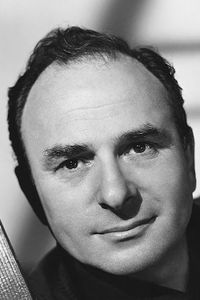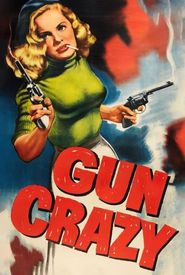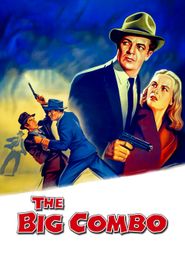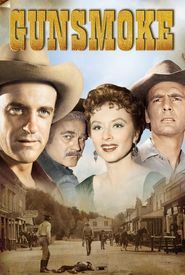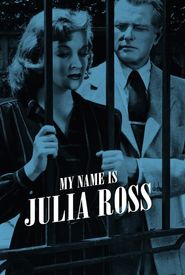Joseph H. Lewis: A Master of Cinematic Art
Joseph H. Lewis's directorial style, often described as "style over content," elevated low-budget films to sublime cinematic art, earning him a devoted cult following among film enthusiasts. His most celebrated work, Gun Crazy (1950),a Bonnie & Clyde-inspired gangster flick, was shot in 30 days on a budget of $400,000 and is often cited as his magnum opus.
Gun Crazy, a taut and electric thriller about two sociopathic lovers on a crime spree, has been praised for its breakneck pace and masterful camera work. Martin Scorsese has referred to it as "unrelenting and involving," while critics have likened it to a "tone poem of camera movement."
Lewis's visual style was characterized by his use of expressive lighting, tight close-ups, tracking shots, and offbeat camera angles and perspectives. He acquired these skills working as a camera assistant in the 1920s and honed them in the MGM editorial department in the early 1930s.
Throughout his career, Lewis directed films for various studios, including Columbia, Universal, PRC, MGM, and United Artists. While he helmed many westerns and crime melodramas, it was his films noir that garnered the most attention. Notable films in this genre include My Name Is Julia Ross (1945),So Dark the Night (1946),and The Big Combo (1955).
The Big Combo, made for Allied Artists, marked a new cycle of films for Lewis, characterized by increased violence and more dynamic villains. The film, however, ran into censorship trouble due to its graphic content.
After suffering a heart attack in 1953, Lewis reduced his workload, and his final film was the low-budget western Terror in a Texas Town (1958). Characterized by deliberate camera movement and clever touches, the film was a fitting swan song for Lewis's career.
Lewis continued to work in television, directing several episodes of The Rifleman (1958),before retiring in 1966. He spent his remaining years pursuing leisure activities, including sailing and deep-sea fishing on his beloved 50-foot trawler, "Buena Vista."
